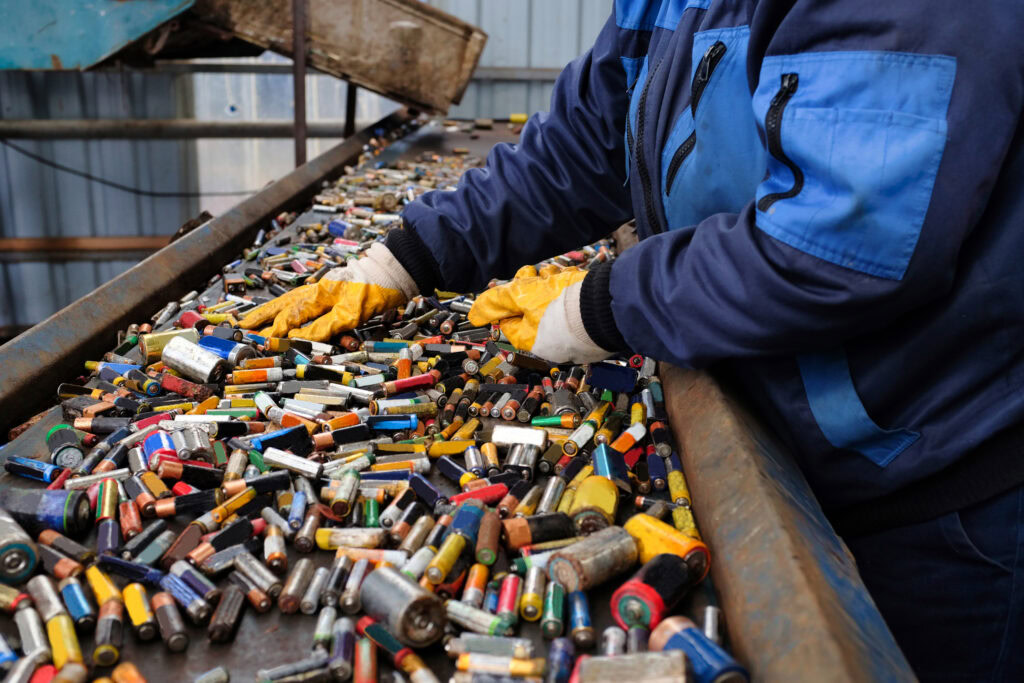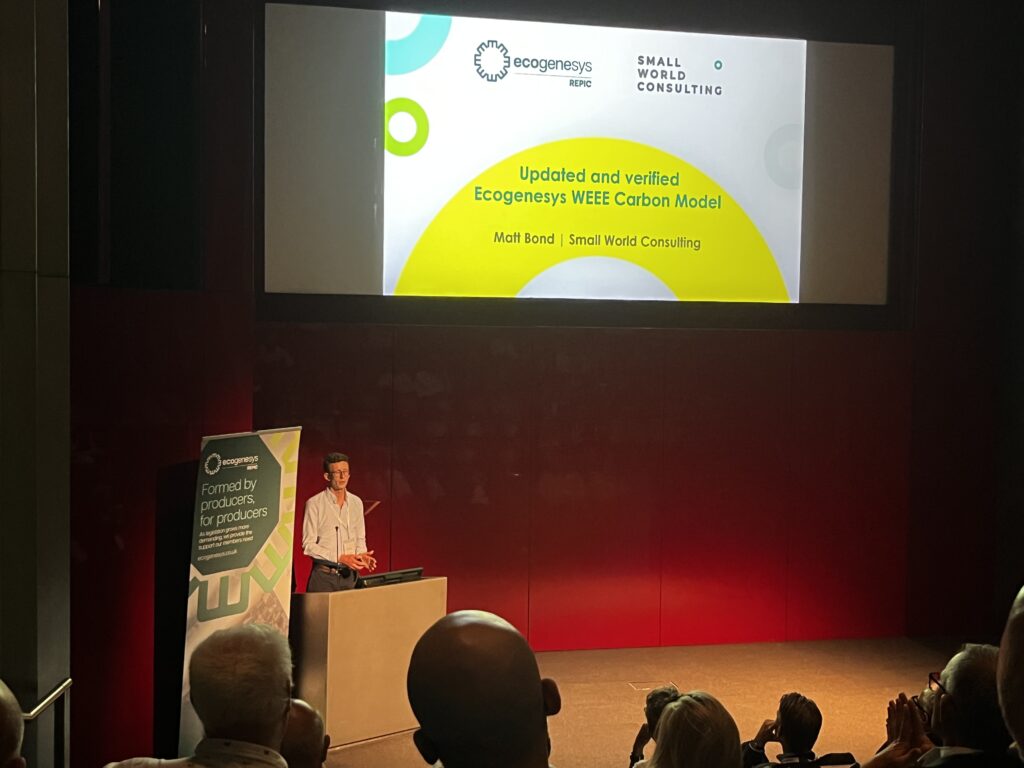Following an industry investigation, waste plastic produced by treating certain categories of WEEE is now to be classified as persistent organic pollutants (POPs) waste and hazardous waste.
This means operators who have been storing and treating these plastics will not be able to continue to do so unless the Environment Agency grants them a permit variation.
The Agency issued a Regulatory Position Statement (RPS) in December 2019 on the topic. This confirmed that those who do not operate in accordance with the new guidance will not be penalised until 31 July 2020, providing that current guidance is complied with.
The RPS states: “The Environment Agency will not normally take enforcement action against you if you operate other than in accordance with your environmental permit for a waste operation, provided your activity meets the description set out in this RPS, you comply with the conditions set out in this RPS and your activity does not, and is not likely to, cause environmental pollution or harm human health.”
Reclassification
When waste is moved or disposed of, a waste transfer note or consignment note describing the waste, producer of the waste and the disposal point must be used.
The standard European Waste Catalogue (EWC) system classifies and describes the type of waste. Previously, WEEE plastics containing POPs and other chemicals would most likely have been classified by recyclers as 19 12 04 – a code denoting plastic and rubber, and therefore non-hazardous, waste.
Now, mixed loads of plastic casings from cathode ray tube and flat panel display equipment must be co-coded 16 02 15* and 16 02 16, meaning hazardous components removed from discarded equipment.
Operators who accept this kind of waste must have a permit variation that authorises them to accept waste with these hazardous waste codes.
Waste plastic
The new measures are thought more likely to affect those who send waste plastic from WEEE for treatment than those who actually treat it.
Phil Conran, director of environmental consultants 360 Environmental, said: “It affects very few sites as there are not many that would be able to receive the material now it is classed as hazardous and needs to be further sorted or destroyed through incineration.
“The issue is more for sites producing waste plastic from WEEE”
Phil Conran
360 Environmental
“The issue is more for sites producing waste plastic from WEEE in that they need to ensure that the sites they are sending the material to are able to accept it, either because they already have the appropriate EWC code on their permit – unlikely – or because that are operating under the conditions of the Position Statement.”
POPs
Mr Conran continued: “The problem has arisen because the POPs analysis carried out under the Compliance Fee project identified higher levels of POPs that are allowed back into the system.
“This doesn’t affect approved authorised treatment facilities treating WEEE, but it does affect sites receiving the plastic – hence the position statement.”
RPS
The RPS was issued by the Agency in late December and outlines a grace period until 31 July.
It only applies to those recyclers whose permit authorises them to store and treat plastic casings from display equipment and plastic-based fraction from shredding small mixed WEEE under waste code 19 12 04.
Applications to vary permits to include the new hazardous waste codes must be submitted by 31 January.
Conditions
Under European law, any POPs in waste plastic must be destroyed or irreversibly transformed.
No waste which may contain POPs can be recycled, transferred to another person for recycling or exported for recycling.
Furthermore, for recycling operations to continue during the grace period, records must be kept for two years to show recyclers have complied with the RPS, and these must be made available to the Environment Agency on request.
The RPS can be viewed here











Subscribe for free